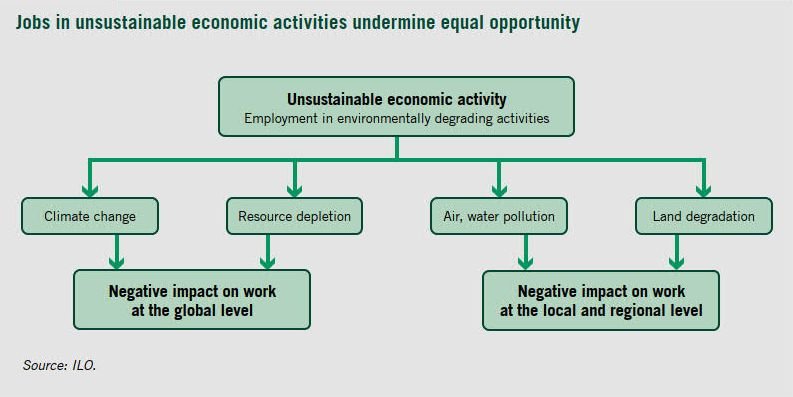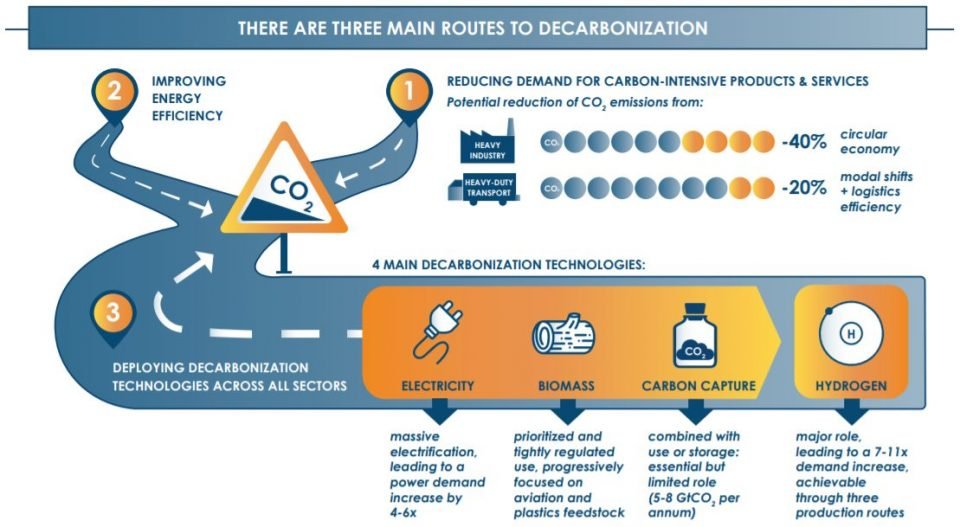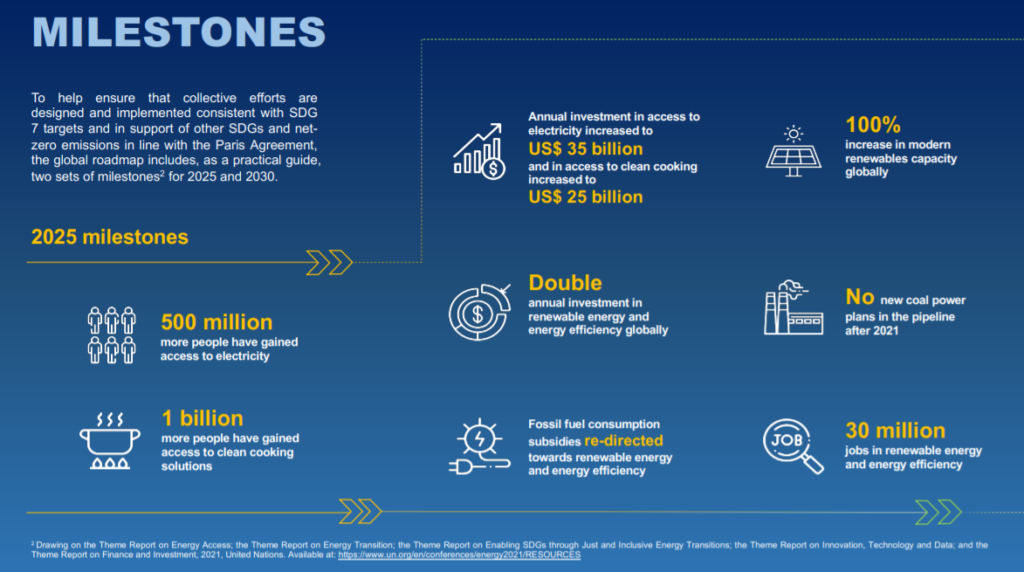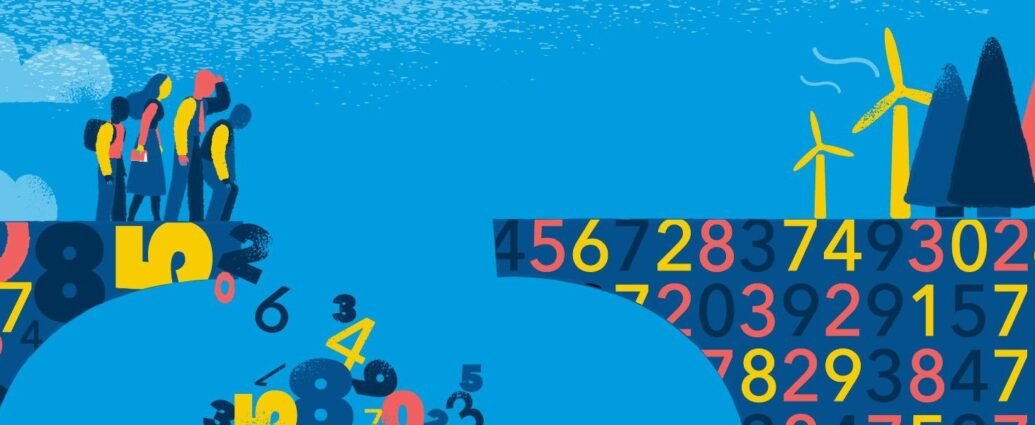The goal of achieving global net-zero emissions as outlined in the Paris Agreement will involve significant changes to industries and economies, resulting in job losses as carbon-emitting industries are reduced. These measures will impact different social groups and regions differently, highlighting the importance of a fair transition to a green economy.

A 2018 report from the International Labour Organization predicted that reducing resource-heavy industries would result in 6 million job cuts. However, the growth of Eco-friendly sectors, such as green buildings and electric vehicles, could generate 24 million jobs through the adoption of sustainable practices and fair transition policies.
The transition to a net-zero economy requires substantial investment in new infrastructure and technologies. This presents a major challenge in emerging and developing countries, as they have the highest financing needs for net-zero initiatives and climate action. However, limited access to affordable capital can hinder their progress in this transition.

There are going to be some challenges in dealing with climate change and transiting to net-zero economy, like industries not being too keen on switching to a low-carbon economy because of the costs involved, a lack of political motivation, and some people not having enough money or knowledge to make the necessary changes. But, if we really want to make a difference, big economies like India, the US, and China need to step up and meet their global climate commitments.

India should use its G20 presidency to bring the North and South together on climate change issues. It won’t be a walk in the park though, as we’ve seen from past COP summits. The idea of a “just” energy transition means different things to different people, especially in the East and the West. Plus, funding falls short and promises often go unfulfilled.
Reference- Business Insider, National Geographic, BBC, The Guardian, Mercom India, www.syedmunirkhasru.org






